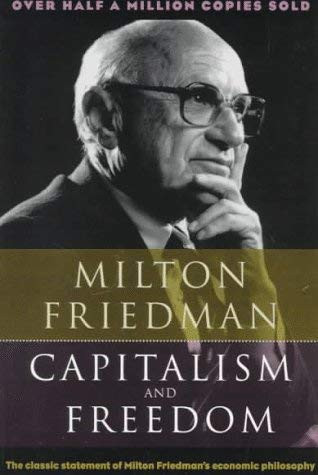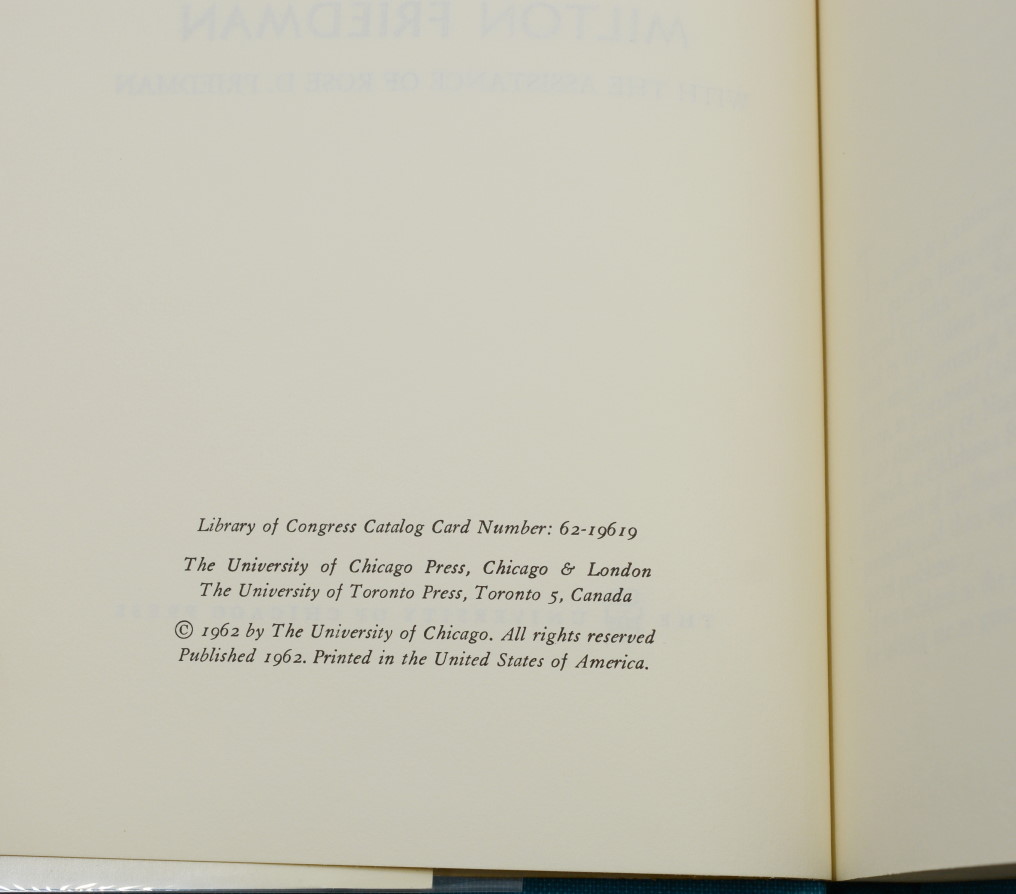
Faced with the choice between having the state intervene or not, the 20th century liberal is likely to resolve any doubt in favor of intervention the 19th century liberal, in the other direction. And yet even here there is an important difference. The 20th century liberal, like the 19th century liberal, puts emphasis on parliamentary institutions, representative government, civil rights, and so on. The difference between the two doctrines is most striking in the economic sphere, less extreme in the political sphere. The 20th century liberal puts his reliance primarily upon the state rather than on private voluntary arrangements. I would say welfare instead of freedom though the 20th century liberal would no doubt say welfare in addition to freedom. Whereas 19th century liberalism emphasized freedom, 20th century liberalism tended to emphasize welfare. In political matters, it supported the development of representative government and of parliamentary institutions, reduction in the arbitrary power of the state, and protection of the civil freedoms of individuals.īeginning in the late 19th century, the intellectual ideas associated with the term liberalism came to have a very different emphasis, particularly in the economic area. It supported laissez faire at home as a means of reducing the role of the state in economic affairs and thereby avoiding interfering with the individual it supported free trade abroad as a means of linking the nations of the world together peacefully and democratically.

This development, which was a reaction against the authoritarian elements in the prior society, emphasized freedom as the ultimate goal and the individual as the ultimate entity in the society. In the late 18th and early 19th centuries, an intellectual movement developed that went under the name of Liberalism. IN DISCUSSING the principles of a free society it is desirable to have a convenient label and this has become extremely difficult. It may not be used in any way for profit. Unless otherwise stated in the Copyright Information section above, this material may be used freely for educational and academic purposes. Powell, or David Levy.įair Use: This material is put online to further the educational goals of Liberty Fund, Inc. The New Individualist Review is prohibited for use in any publication, journal, or periodical without written consent of J.

Chapter: MILTON FRIEDMAN, Capitalism and FreedomĬopyright: The copyright to this publication is held by Liberty Fund, Inc. Source: New Individualist Review, editor-in-chief Ralph Raico, introduction by Milton Friedman (Indianapolis: Liberty Fund, 1981).


 0 kommentar(er)
0 kommentar(er)
